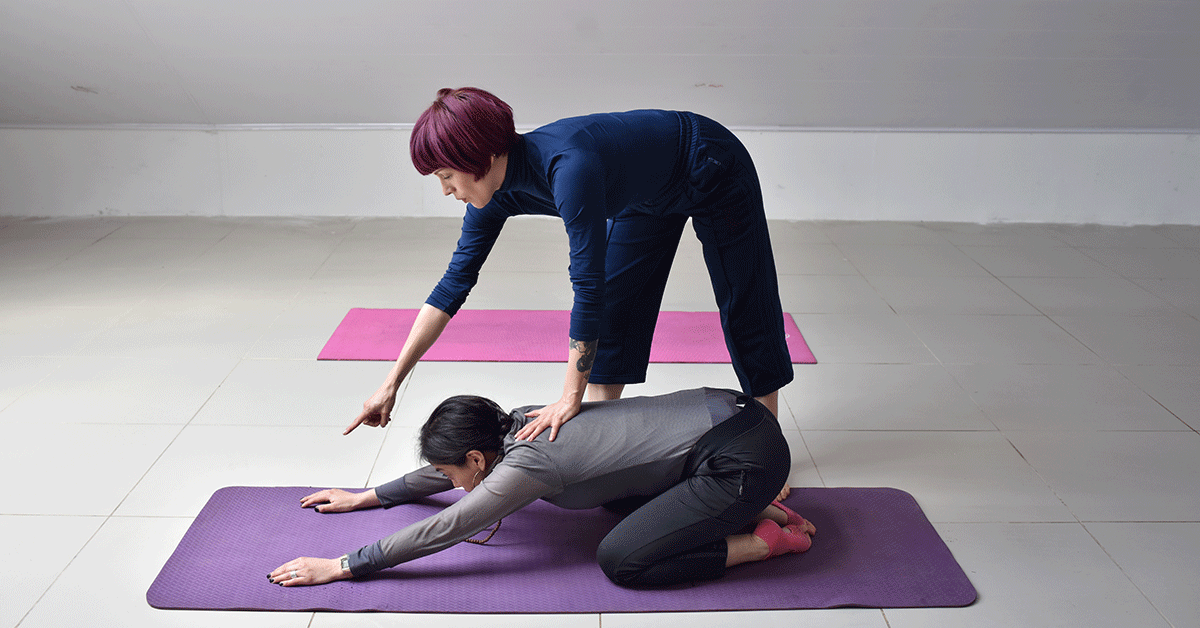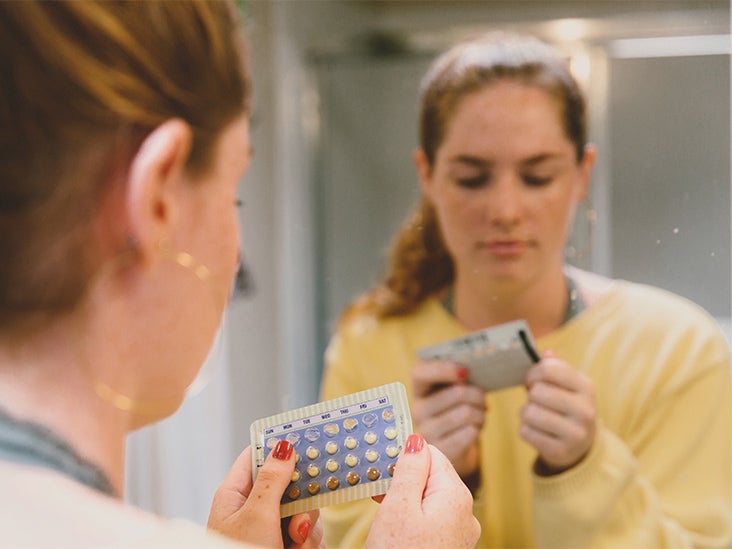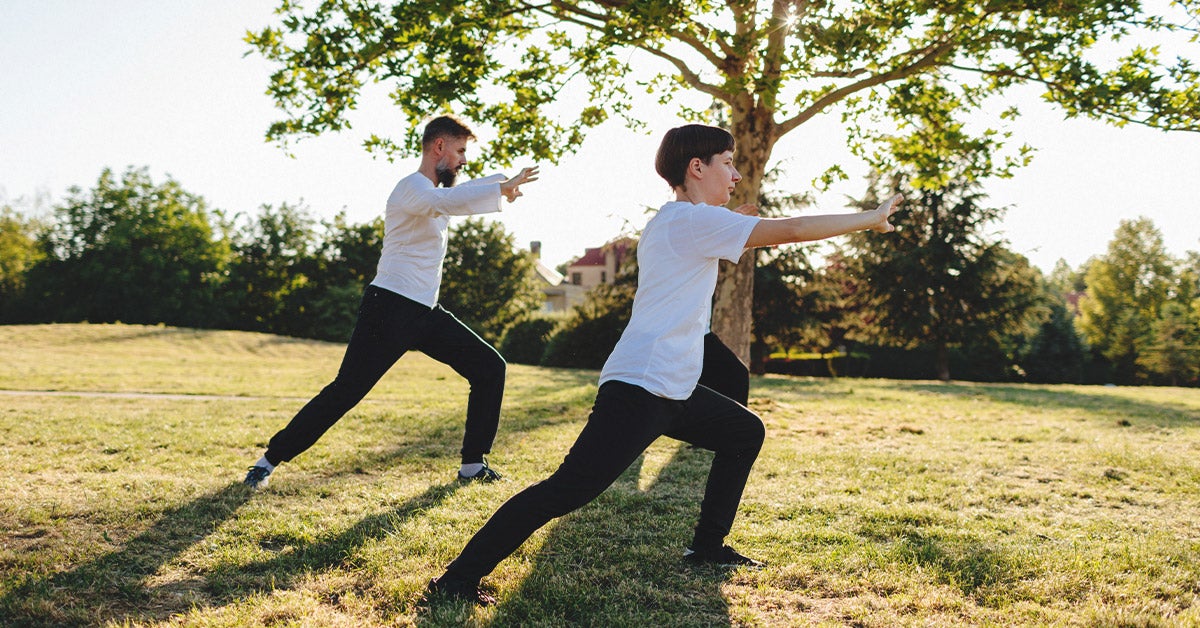Is Rosacea Contagious? Questions You Might Be Afraid to Ask
If you've got questions about rosacea, it's better to get the answers than to stay in the dark. But it's not always easy to get the information you want.
Sometimes you may feel nervous or embarrassed to ask your doctor certain questions about a health condition. Even if you feel comfortable asking a question, you might have some time to wait before your next appointment.
Read on to find out more about some common questions often asked about rosacea, along with the accurate information.
Experts are still trying to determine the exact cause of rosacea, but there's no evidence that it's contagious.
You can't pass rosacea on to other people by touching them, sharing cosmetics with them, or spending time around them.
Although more research is needed, some evidence suggests that genetics play a role in rosacea. Environmental factors also play a part.
If you have rosacea, your biological children may be at an increased risk of developing it. However, not all children whose parents have rosacea develop the condition.
There's no known cure for rosacea. However, many treatments are available to manage it.
Depending on your specific symptoms and medical history, your doctor might recommend one or more of the following treatments:
- lifestyle changes
- medicated creams, lotions, gels, or other topical treatments, including topical antibiotics
- oral antibiotics, beta-blockers, or other medications
- laser or light therapy
Speak with your doctor to learn about your treatment options. They can help you understand the potential benefits and risks of different options.
It's impossible to predict with certainty how rosacea will progress. Symptoms of the condition can change over time.
For example, you may develop flushing and persistent redness at first, before developing papules or pustules later on.
Getting treatment can help reduce those symptoms and others.
In some cases, treatment can cause periods of remission, when your symptoms disappear for months or even years at a time. The symptoms might eventually return, during periods of relapse.
If your symptoms change, let your doctor know. They might recommend changes to your treatment plan.
Following your doctor's recommended treatment plan for rosacea may help improve visible symptoms of the condition.
For example, a variety of treatments are available to reduce redness, dilated blood vessels, papules, pustules, and thickened skin from rosacea.
You can also use makeup to reduce the appearance of rosacea. If you want to try this approach, here are some tips that might help:
- Look for makeup products that are designed for sensitive skin. If you react to a product or think it might be making your symptoms of rosacea worse, stop using it.
- Use antibacterial brushes to apply your makeup and clean them between uses. Another option is to place small portions of makeup on a clean surface and use a disposable applicator or clean fingers to apply it.
- Wash your face and hands with a gentle cleanser before applying makeup. It may also help to moisturize your face.
- To reduce redness, apply a green-tinted primer as a makeup base. Consider using a primer with UVA/UVB protection.
- To cover visible blood vessels or blemishes, lightly dab an oil-free concealer onto affected areas and gently blend it into your skin.
- After applying primer and concealer, consider using an oil-free foundation to even out your skin tone. It might also help to apply a mineralized powder.
- Consider avoiding blush or using it sparingly to limit the appearance of redness. It might also help to avoid red lipstick and opt for a neutral lip color.
If you shave your face, consider using an electric razor instead of a razor blade. This might help reduce irritation.
For many people, rosacea can be a source of stress or anxiety. You might feel self-conscious or embarrassed about the ways that rosacea affects your skin. In some cases, you might feel negatively judged by other people.
Treating the physical symptoms of rosacea may help reduce the effects it can have on your mental health and quality of life. In some cases, you might also benefit from psychological treatment or support.
For example, if you've been struggling with feelings of stress, anxiety, or low self-esteem, your doctor may refer you to a mental health provider for therapy.
Research suggests that cognitive behavioral therapy (CBT) and other psychological interventions may help people with rosacea manage anxiety.
You might also find it helpful to join a support group for people with rosacea, such as Rosacea Support Group.
You can also use social media to connect with other people living with rosacea. Consider using the hashtag #rosacea to search for community advocates or support resources on Facebook, Instagram, or Twitter.
If you have questions about rosacea, you deserve accurate answers. Talk to your doctor if you still have questions that you don't see covered here. Your doctor has likely heard your questions before.
Many treatments and support resources are available to manage the physical and psychological effects of rosacea. Consider connecting with a support group to talk to other people who live with the condition. You may find your questions are more common than you thought.
-
 6 interesting genetic traits that children will inherit from their parents
6 interesting genetic traits that children will inherit from their parents
-
 7 effects of asparagus on child development
7 effects of asparagus on child development
-
 Does cutting blood hair for babies bring good luck?
Does cutting blood hair for babies bring good luck?
-
 The more babies eat, the higher the height they develop, especially the second kind
The more babies eat, the higher the height they develop, especially the second kind
-
 Children with chicken pox should eat to quickly recover from the disease, without leaving a deep scar?
Children with chicken pox should eat to quickly recover from the disease, without leaving a deep scar?
-
 The more food is cooked, the better it can be for health, especially the second type
The more food is cooked, the better it can be for health, especially the second type
-
 9 Moves for the Best Back Workout Ever
9 Moves for the Best Back Workout Ever
-
 From Happy Hour to the Gym: Is It Ever OK?
From Happy Hour to the Gym: Is It Ever OK?
-
 7 Viral Skin Care Products to Never Put on Your Face
7 Viral Skin Care Products to Never Put on Your Face
-
 Lat Stretches: 10 Exercises to Strengthen, Support, and Prevent Injury
Lat Stretches: 10 Exercises to Strengthen, Support, and Prevent Injury
-
 Breakthrough Bleeding on the Pill: Causes, Diagnosis, and Stopping It
Breakthrough Bleeding on the Pill: Causes, Diagnosis, and Stopping It
-
 Tai Chi Moves: How to Get Started, Benefits, Seniors, and More
Tai Chi Moves: How to Get Started, Benefits, Seniors, and More































